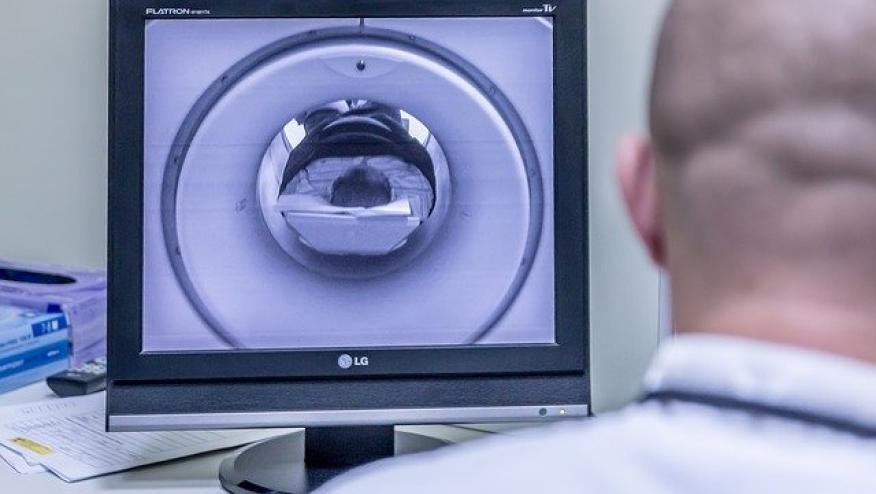MRI in the Diagnosis and Management of Polymyalgia Rheumatica Save

Polymyalgia rheumatica (PMR) is a common condition seen by both primary care and in the rheumatology office.
Many cases of PMR are extremely straightforward for a trained rheumatologist — with easy to recognize joint pain and stiffness in the shoulder and hip girdles, elevated inflammatory markers, and a rapid response to moderate doses of prednisone (15-20mg).
This said, as rheumatologists we tend to see many of the more difficult cases of PMR.
PMR continues to primarily be a clinical diagnosis, without any specific testing that is typically done to confirm the condition. Despite numerous advances in medication therapy for other rheumatologic diseases, the mainstay of PMR treatment continues to be corticosteroids, with data supporting the use of methotrexate only coming up in the past few years.
At #ACR19, abstract 1161 looked at Gadolinium-enhanced shoulder MRI findings in patients with PMR, finding that these patients had evidence of shoulder capsulitis, rotator cuff tendonitis and focal osteitis, which was relatively specific to PMR. Additionally, they found that "rotator cuff tendonitis and synovial hypertrophy on MRI were associated with recurrences of PMR.”
As a clinician who frequently manages PMR, we occasionally do have cases where the patient doesn’t have a “classic” presentation for PMR, so it appears that Gadolinium-enhanced shoulder MRI could be useful in diagnosis for these patients.
Additionally, I occasionally find it difficult to differentiate whether a patient is having a flare or recurrence of their PMR symptoms with tapering of prednisone, versus recurrence of their osteoarthritis symptoms unmasked by tapering of steroids. Additionally, steroid withdrawal symptoms can sometimes mimic flare or recurrence of PMR.
Since PMR continues to be managed primarily with corticosteroids, accurately diagnosing a patient’s source of symptoms is the best way to minimize risk of steroid-related side effects.










If you are a health practitioner, you may Login/Register to comment.
Due to the nature of these comment forums, only health practitioners are allowed to comment at this time.